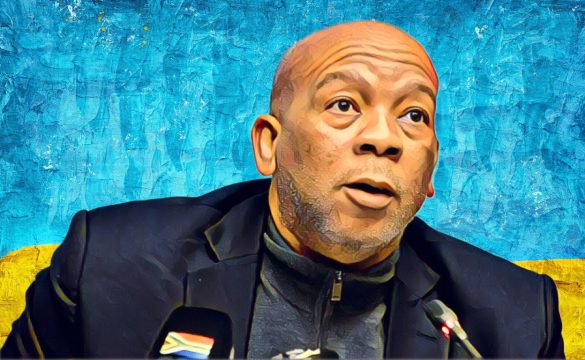KEY POINTS
- South Africa uses its G20 Presidency to prioritise clean cooking on the global energy agenda.
- Minister Kgosientsho Ramokgopa hails the move as a victory for Africa’s poor and vulnerable communities.
- The initiative will be advanced through AU’s Agenda 2063 and global partnerships, including with the EU.
South Africa has placed clean cooking squarely on the global energy agenda during its G20 Presidency, marking what officials describe as a significant step towards improving the lives of millions across the African continent.
Electricity and Energy Minister Kgosientsho Ramokgopa said the decision to prioritise clean cooking during the final G20 Energy Transitions Working Group and Ministerial Meetings held last week represents “a major victory for Africa.”
He noted that more than one billion Africans still rely on traditional fuels such as coal, wood, and paraffin, sources that pose severe health and environmental risks.
“There’s a young girl somewhere in a remote village who comes back from school, drops her books and goes to fetch firewood. That’s what we want to change,” Ramokgopa said, emphasising that the initiative is about more than energy, it is about equity, dignity, and opportunity.
A Tangible Step Amid Stalled Energy Transition Talks
While the G20 meetings struggled to reach consensus on broader issues around the global energy transition, South Africa’s clean cooking push was viewed as one of the few tangible areas of progress.
Delegates agreed that tackling clean cooking aligns with both development and climate goals, helping reduce household air pollution and easing pressure on ecosystems from deforestation.
The move also shines a light on Africa’s ongoing energy access crisis, where over 600 million people still lack electricity. Clean cooking, experts say, could serve as a bridge toward broader sustainable energy solutions, particularly in rural communities.
Ramokgopa added that South Africa’s advocacy would not stop at the G20 level. “We will continue to champion this cause through continental platforms like the African Union’s Agenda 2063 and deepen collaborations with international partners, including the European Union,” he said.
As the world grapples with the complexities of achieving net-zero targets, South Africa’s stance underscores a broader message: that energy transition discussions must include the everyday realities of people who cook over open fires, not just debates about carbon markets and technology.
For Africa, clean cooking has now moved from the margins of global dialogue to the heart of its energy justice narrative and Pretoria intends to keep it there.



